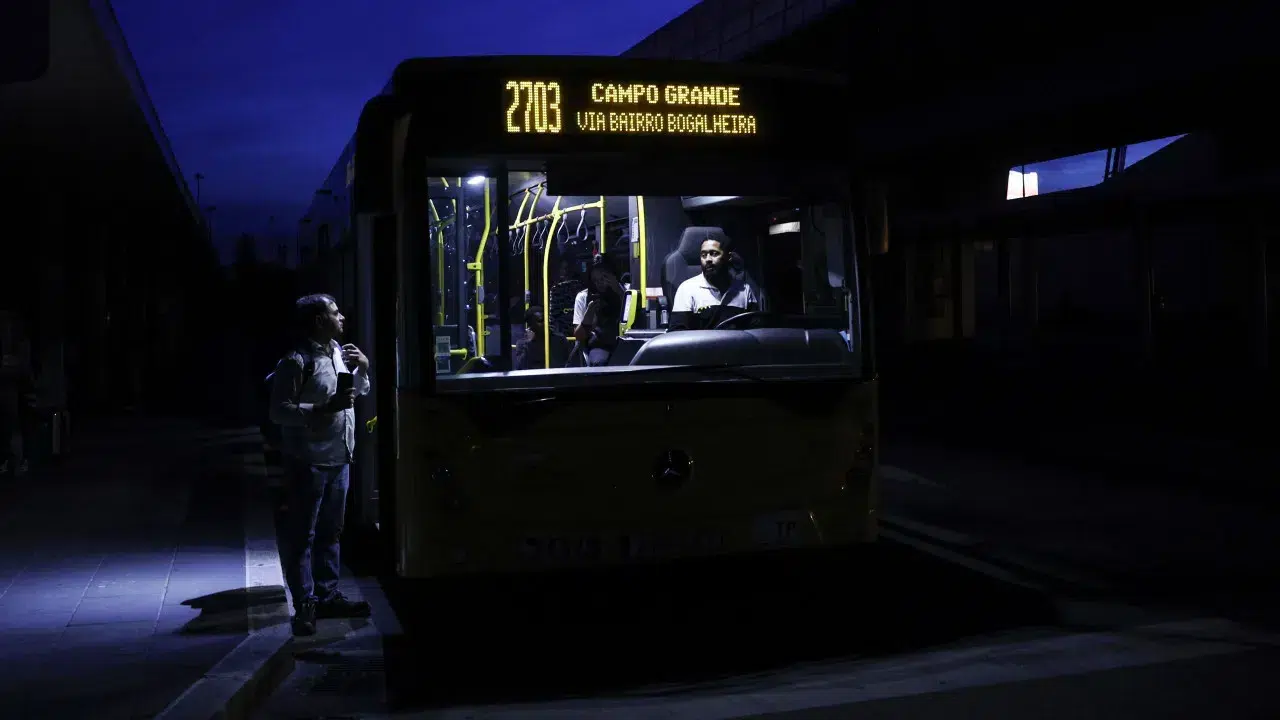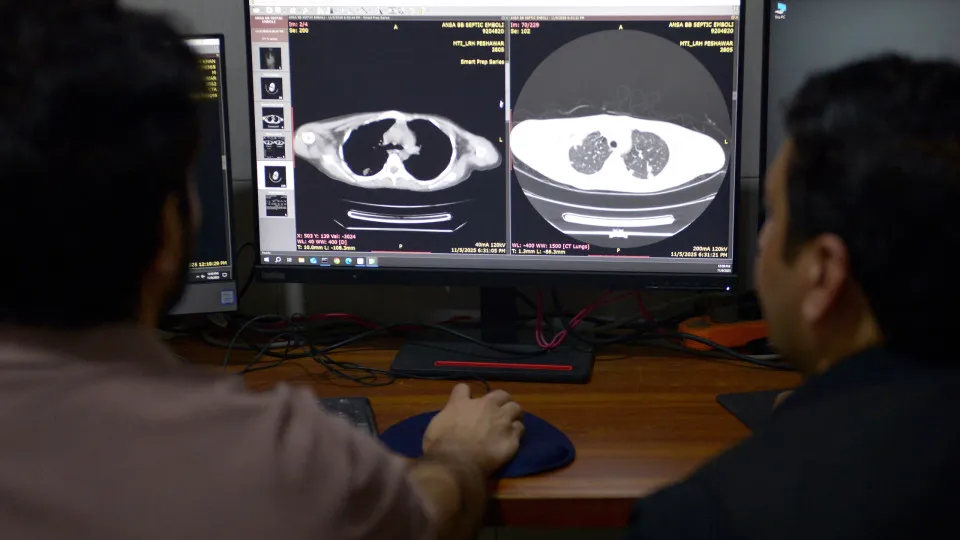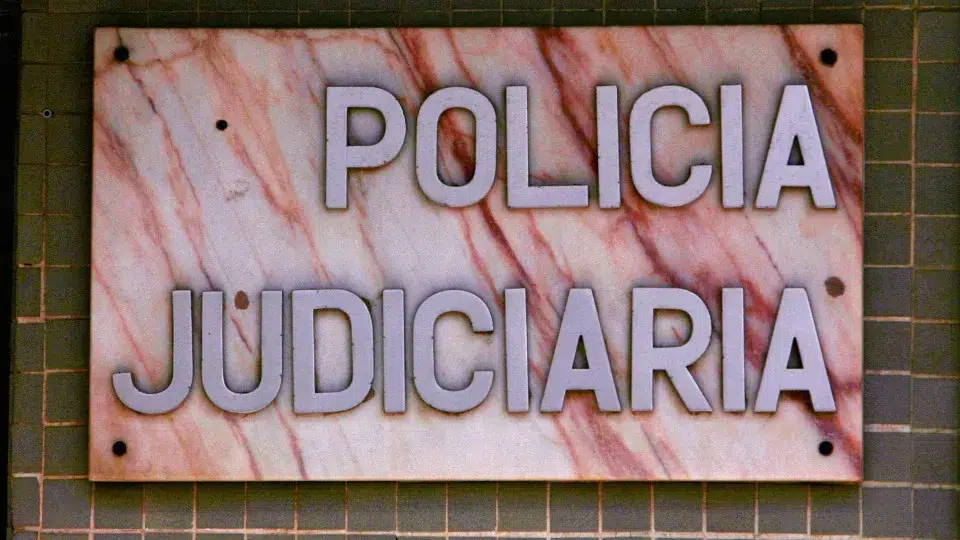
French Energy Minister Marc Ferracci will meet with the Spanish representative at the Energy Council of Ministers taking place today in Luxembourg. His office disclosed that they will “obviously discuss the Iberian blackout” of April 28 and “how France can help establish the diagnosis.”
Ferracci received a letter about two weeks ago from the Spanish Minister for Ecological Transition, Sara Aagesen, and the Portuguese Minister for Environment and Energy, Maria da Graça Carvalho. The letter demanded “specific timelines and binding commitments” on the electrical interconnection corridors, which are deemed insufficient.
The French minister proposed that operators from all three countries “work together” to diagnose the issues from April 28, emphasizing the necessity for data to be “shared transparently.” He is awaiting a response.
Ferracci’s office highlighted the differences in communication with Aagesen, commending her for the cooperation with France, the effective functioning of the interconnection between the two countries, and France’s contribution to the swift restoration of power in Spain and Portugal after the blackout.
In contrast, they criticized the Portuguese minister for taking positions that, according to the French, “do not correspond to what is expected from such a serious event,” as she suggested potential responsibility from France in a manner deemed “unjustified” by Paris.
Concerning Spanish and Portuguese calls for enhanced interconnections with the Iberian Peninsula, French government sources maintained that France does not oppose this, as illustrated by the construction of a new submarine line in the Bay of Biscay, with funding from the European Investment Bank formalized today.
However, France insists that an interconnection cannot be addressed in isolation but is part of the electrical system. If electricity exchange capacity with Spain increases, France would need to reinforce its North-South networks, incurring “very significant” costs.
Therefore, Paris argues that before “mechanically demanding interconnections,” it is crucial to optimize the entire system and “distribute” efforts appropriately.
Regarding the blackout, the sources stated it is “not clear” that “more interconnections would have allowed better network operation,” noting that existing interconnections helped contain the shock on April 28.
French authorities and network operator, RTE, emphasized that the swift deactivation of lines across the border prevented a chain of disruptions in France and potentially other parts of Europe. This was followed by aiding the system restart in the Iberian Peninsula, a delicate operation.
Currently, the interconnections consist of four lines crossing the Pyrenees, enabling an exchange capacity of up to 2,800 megawatts (MW), which is expected to increase to 5,000 MW by 2028 due to the Bay of Biscay project.
This would represent only 5% of Spain’s installed production capacity, compared to the European Union’s targets of 10% by 2020 and 15% by 2030.




